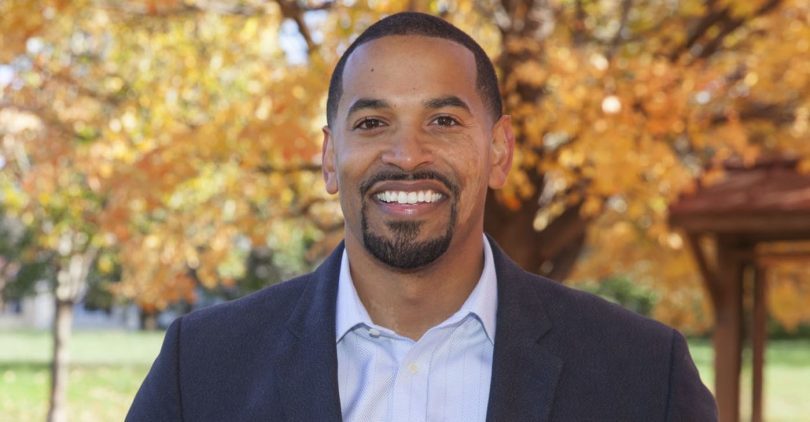[ad_1]
By Lauren Victoria Burke, NNPA Newswire Contributor
“This shouldn’t be our truth but sadly it is,” wrote Jotaka Eaddy, a friend of Will Jawando, a member of the Montgomery City Council in Maryland.
The new Councilman was stopped by police in Maryland on the morning of June 8, a Saturday, as he drove to meet friends for a workout.

“Normally, Saturday mornings are my time for therapy, an early morning basketball run with my friends. So, I am always in my workout clothes & ready to work up a sweat and reminiscence about my glory days. Well this morning things went quite differently. 6:30 am, 2 blocks from the McDonald’s in White Oak where 4 young men were stopped, frisked and received trespass orders after being called the “n word”, I was pulled over for the umpteenth time in my life, this time by the MD State Police,” wrote Councilman Jawando on his Facebook page on June 9.
He then included a rundown of the conversation between himself and the police officer:
Officer: I stopped you because you stopped on the stop line at the last light. (I was stopped right next to another car at the light side by side).
First question: Is this your car? (because of course a black Lexus couldn’t be mine).
Me: Yes
Second question: Do you have any outstanding warrants or points?
Me: No
Officer: I need to see your license and registration.
Me: May I reach into my pocket to retrieve my license and registration?
Officer: Yes, slowly.
Me: While passing them to him I say, I’m a Montgomery County Councilmember.
Officer: What did you say?
Me: I’m on the Montgomery County Council
Officer: Oh. (Suprised)
Jawando’s encounter with the police was an example of an arbitrary police stop that has little connection to probable cause and often leads to a fourth amendment violation of search and seizure.
In 2011, New York Police officers made nearly 700,000 stops as part of then-Mayor Michael Bloomberg’s aggressive stop-and-frisk campaign that was focused on Black and Hispanic men. Six years later in 2017, under current-Mayor Bill de Blasio, the NYPD reported 11,629 stops, a 98 percent decrease from 2011. Contrary to what was theorized, the crime rates in New York went down without the massive use of stop-and-frisk. In 2007, the New York ACLU sued to get access to the NYPD’s stop-and-frisk database, which they then used to sue the city for discrimination.
Though young Black and Latino males between 14 and 24 accounted for only 4.7 percent of the population of the city of New York, they accounted for 41.6 percent of stops in 2011. The number of stops of young Black men exceeded the entire city population of young Black men (168,126 as compared to 158,406). Ninety percent of those stopped were innocent.
“As I try to relax from the encounter, I realize this was a classic “pretextual stop,” when an officer stops a driver for a minor traffic violation to allow them to then investigate a separate and unrelated, suspected criminal offense. These stops are used disproportionately against African Americans and people of color and are ripe for racial profiling. Fortunately, I resorted to my “training” honed over years of similar stops,” Councilman Jawando wrote on Facebook.
“But I couldn’t stop thinking about what happens to the young man or women who’s not a lawyer or a county councilmember, hasn’t honed their training on how to survive a stop, has an outstanding traffic ticket or bench warrant they don’t know about and how this situation could have escalated. Aside from the fact that the 4th Amendment barring illegal search and seizure should mean something, these tactics erode public trust in law enforcement and must stop,” Jawando concluded.
Lauren Victoria Burke is an independent journalist and writer for NNPA as well as a political analyst and strategist as Principal of Win Digital Media LLC. She may be contacted at [email protected] and on twitter at @LVBurke
[ad_2]
Source link

